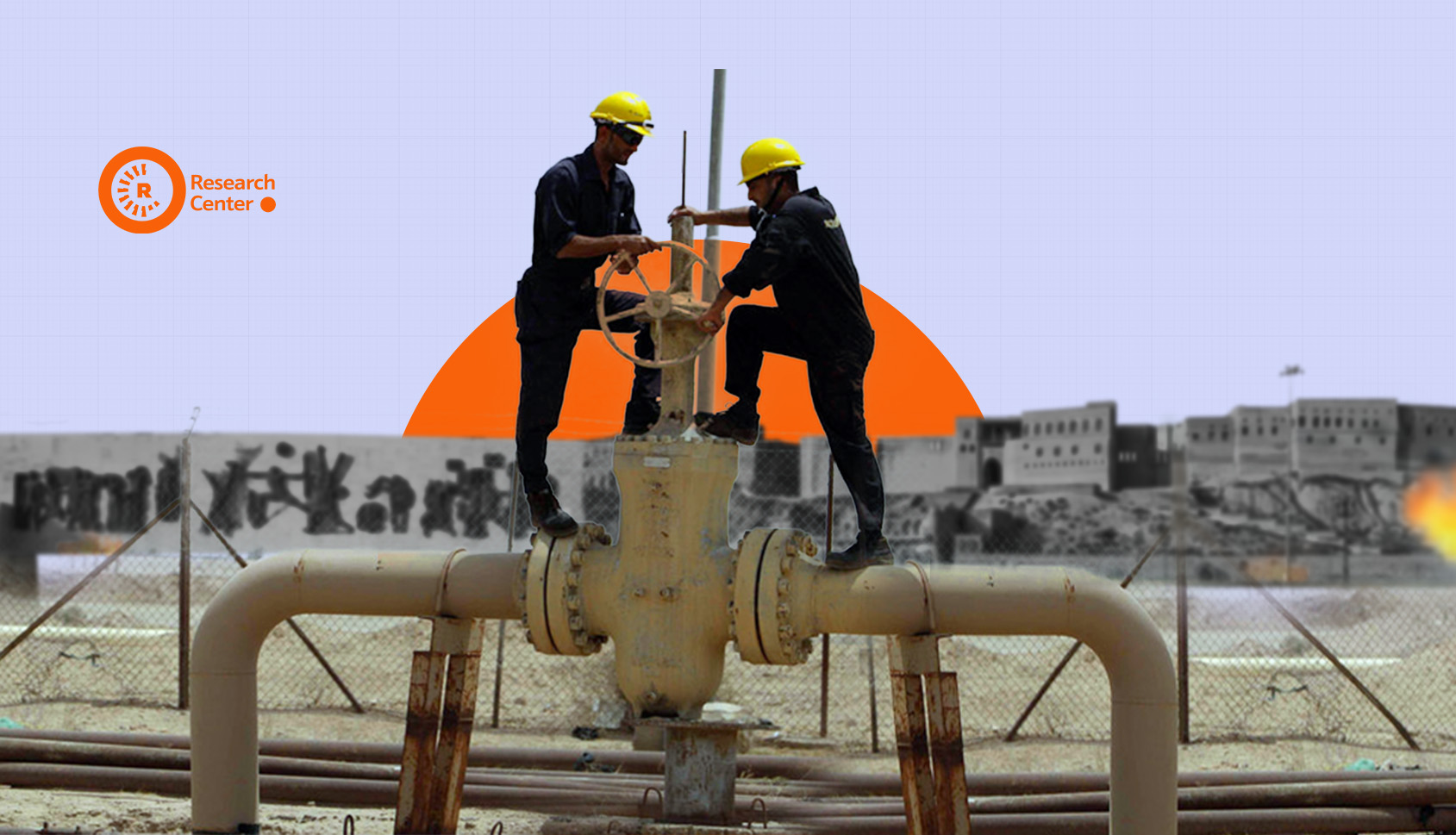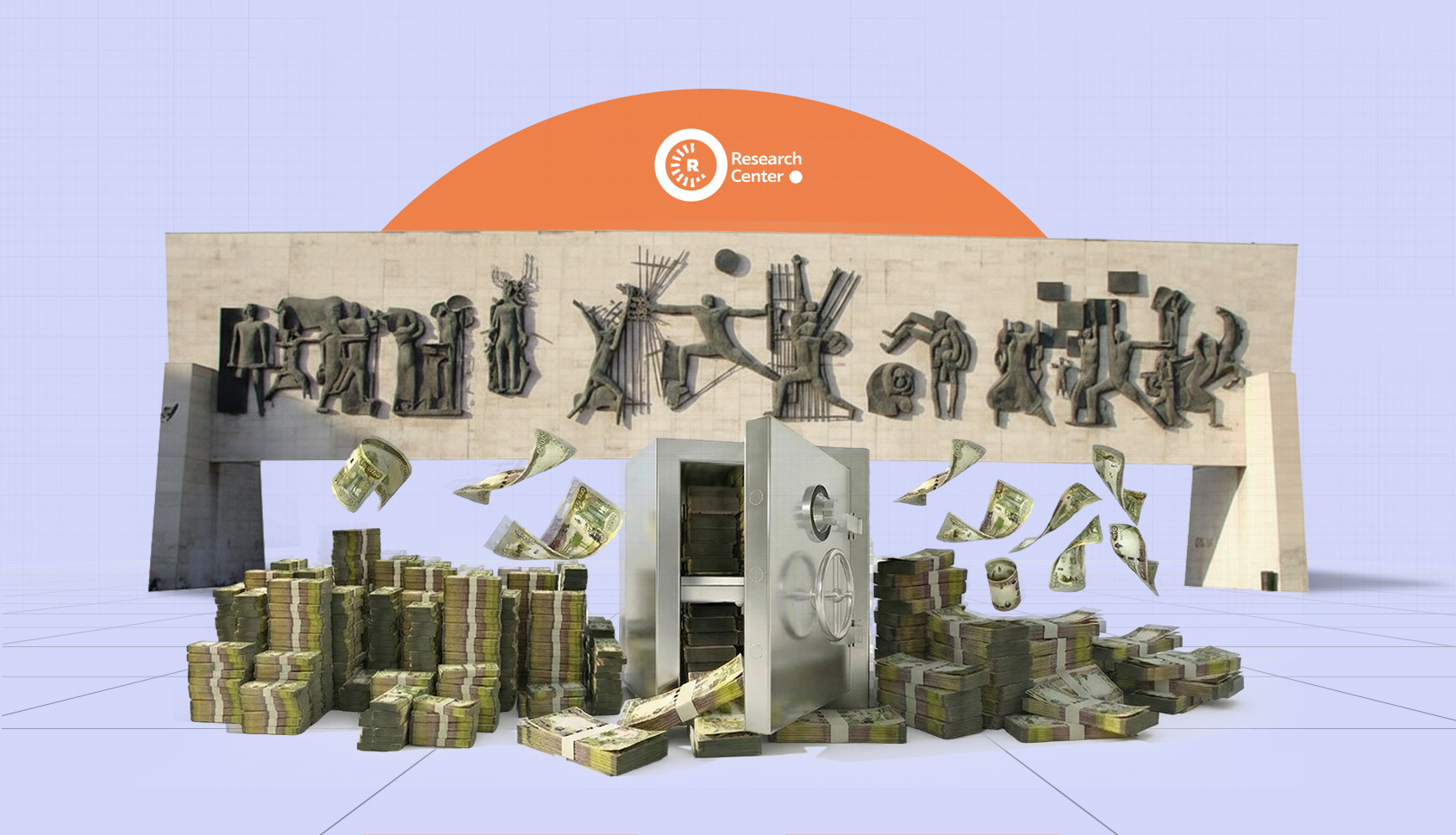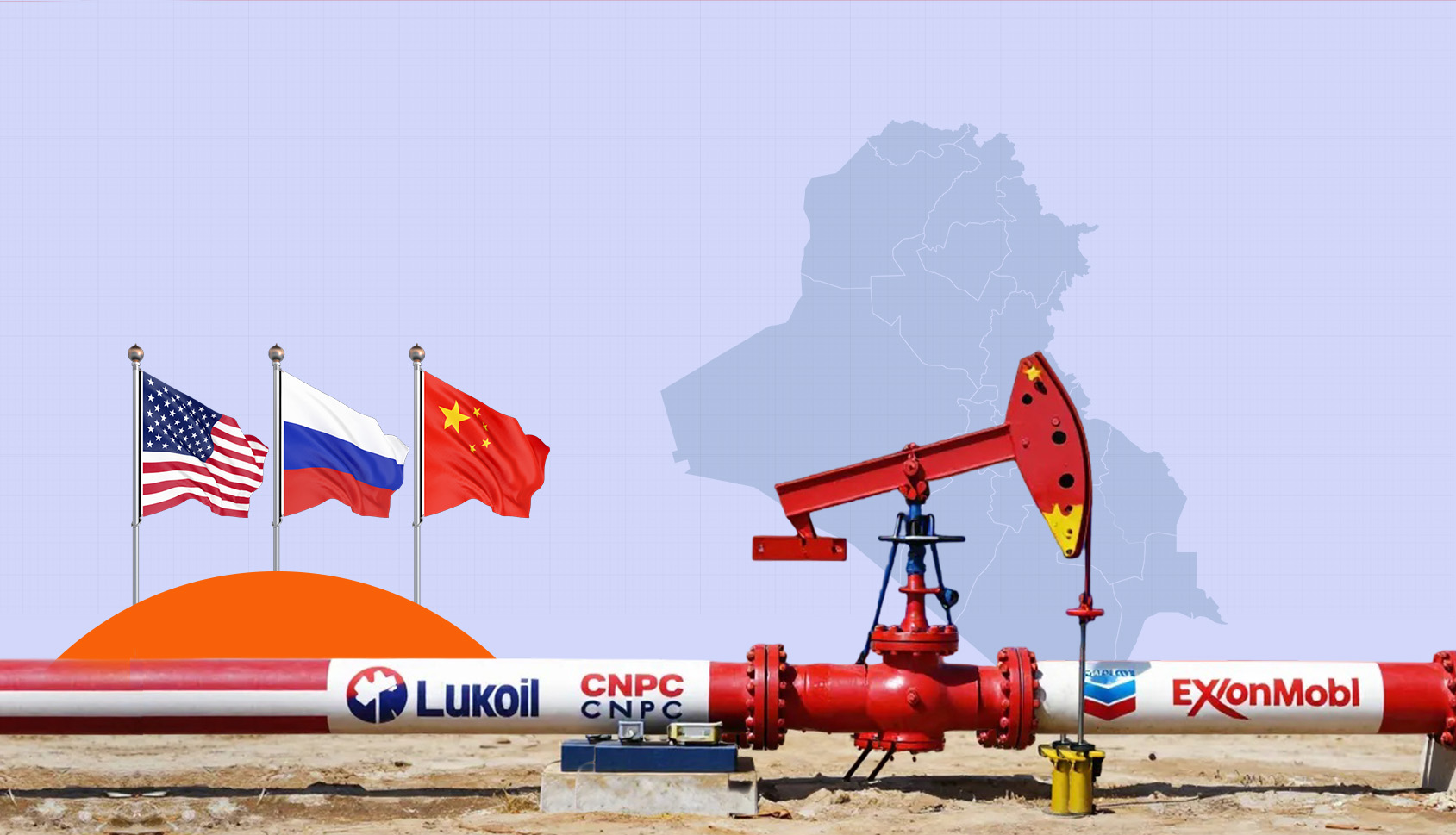RRC |
Yassin Taha|
Only about two weeks left for the registration period of political alliances with the Iraqi high electoral commission (IHEC) but the deadline to register candidates is this week, now slowly we can tell what’s the map of political alliances out of 250 registered parties like in the early elections.
The early elections will take place in October 2021, which is second anniversary of October protests and emerging new wave of demonstrations, secular and civilized voices that were inspired by October in the Shia dominated communities, but still those new parties and movements were formed under name of October and representing blood and dreams of the victims (about 600 protesters were killed and thousands injured) are in discussion whether should participate in the snap elections or stay as non-partisan and opposition group out of parliament, they have not reached consensus on this yet. Some of them suggest to participate in elections, and others believe that will not get majority and their votes will be limited and small number.
Despite October (Tishreen) movement, other political parties that were formed before 2003 have longtime experience and have many tools to use such (state institutions, guns, money, sect, tribe and ethnic) now these ruling parties are making preparations for the elections and some of these forces to cover their past use new names for their parties and coalitions or created shadow party in order not to put all their eggs in one basket.
The Sadrists which they came first in the fourth parliament elections in 2018 (won 54 seats) are insist to participate in elections alone, and eying to gain Prime Minister’s position as they think will win majority, and against them there are two rival parties to the Sadrists which Al-Fatih coalition of PMF and State of law of Maliki these two coalitions have similar discourse and they are followers and friends with Tehran, they have registered separately may merge or make alliance before end of the elections especially that Maliki several times have shown his desire of return to Prime Minister’s position. Within the Iranian proxies in Iraq there is no such political and experienced person such Maliki despite he had been removed from his position but he played as political bloc leader and voice of the armed groups.
It seems that Maliki won’t be happy enough just with his party and coalition and is working to create shadow party and list for the elections. There are some information indicates that he is forming new list called (al-Qadirun) which is the political wing of Imam Mahdi armed group. Hassan Hasnawi who is leading the (al-Thiqa) party is known that he is on Maliki’s faction inside Dawa party. Despite this coalition also likely that prominent Shia MP and former minister for social affairs Mohammed Shia’al-Sudani eventually also join Maliki’s camp as he wanted to become PM after Adil Abdul-Mahdi, therefore he had to resign from the state of law bloc in formality.
Divisions of the pro-Iranian groups in the elections means end of the (al-Binaa) coalition which to compete with (reform) bloc of Abadi and other Shia moderate groups after 2018 elections was formed. And by then Al-Binaa considered themselves as majority in parliament before they were divided among different blocs and did not last for more than some months.
Within the Shia entity which have majority of parliament seats except Sadrists and PMF there are other parties are also keen to form wider ‘’national’’ coalition that exceeds ethnics and sectarian lines. For this purpose both Ammar al- Hakim and Mohammed Halbousi parliament speaker have started an alliance, and in Kurdistan they have asked KDP and PUK to join them, but according to the available information this alliance closer to PUK and KDP is in intense talks with Sadrists to form an alliance on the base that both believes will win majority of Shia and Kurdish votes. As for other Kurdish bloc Hewa (hope) bloc in Iraqi parliament some of the Shias think they have many different faces and not reliable for form alliance with.
Within the Sunni alliances big puzzle of the rival blocs is Mohammed Halbousi’s bloc which now presses on the Sunni local parties in all areas. And some of the prominent Sunni leaders formed an alliance called (al-Azm) to compete with Halbousi such Khamis Khanjar, Salim al-Jbouri, Jamal al- Karboli also now they mention Rakan al-jibouri and Khalid al-Obeidi as well but these are not only one to compete with Halbousi also in Saladin province Muthana Samarayee deputy head of the financial committee and Mashan al-Jbouri former MP are talking about new alliance called the ‘’hawks’’ but because its local may be cannot compete with Halbousi or Khanjar front. And except these Sunnis there are al-Nujeifi family and Sunnis close to Ayad Allawi. And ‘’the gathering party’’ of Abw Mazn former governor of Saladin is working in between Tikrit and Hawija to win votes.
Although the snap elections is to meet the demand of October protests of 2019 and with hope that Iraqi government, presidency and western countries to fully support this process to make radical change in the map of power in Iraq, but most of the October movements and blocs are hopeless to see any big and radical change to take place, due to several reasons such:
– Still the militias are out of state control and those parties have armed wings going to participate in the elections.
-There won’t be international supervision of the elections like the previous years.
-The financial resources of the political parties not been disclosed as requested in the political parties law.
In addition the ruling parties of Iraq are capable to control and change the role of electoral commission and federal court in their interest.






